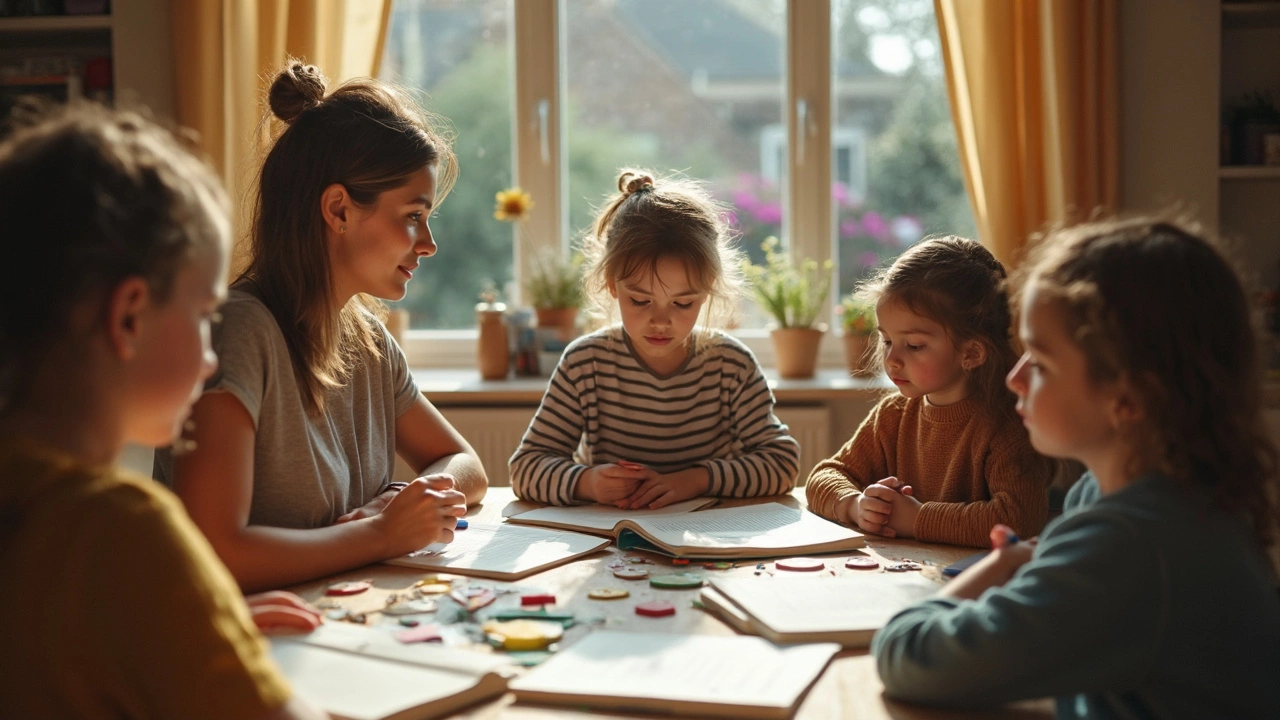Socialization: Practical Tips and Insights for Every Learner
Social skills aren’t just nice to have – they’re a core part of how we learn, work and grow. Whether you’re a teacher, a parent, a student or someone returning to study, knowing how to interact with others can boost confidence and success. This page brings together easy‑to‑use advice from our articles so you can improve socialization in any setting.
Why Social Skills Matter in Education
In a classroom, students who can talk, listen and collaborate tend to absorb material faster. They ask questions, share ideas and help each other solve problems. For children with special needs, clear strategies – like visual prompts or paired activities – make those interactions smoother. Our guide on supporting special‑needs children shows real‑world tricks you can try today.
Adult learners face a different challenge. After years of work, many return to study and feel out of place. Understanding how adult learning differs from child learning helps you create a comfortable environment. Simple steps like group discussions, peer feedback and real‑life case studies keep adults engaged and socially active.
Boosting Socialization for Different Ages
Kids need safe spaces to practice. Start with short, structured games that require turn‑taking or sharing. As they grow, add open‑ended projects where they choose roles and negotiate responsibilities. This builds confidence without overwhelming them.
Teens and college students benefit from clubs, study groups or sport teams. Our article on sport scholarships even points out which sports offer easier pathways to funding – a great conversation starter for group projects.
Adults juggling careers and family life can use micro‑learning sessions. A 10‑minute virtual coffee chat, a quick peer‑review, or an online forum can replace long‑hour workshops and still strengthen bonds.
If you’re a teacher looking for fast training, check our fastest teacher training program guide. It lists short courses that include classroom management and social‑skill modules, so you can get certified and improve interaction skills at the same time.
Parents often ask how to help their child with autism navigate social settings. Our autism mannerisms article breaks down stimming, communication cues and practical ways to respond with patience and support.
Finally, remember that socialization isn’t a one‑size‑fits‑all thing. Experiment with different activities, watch how your group reacts and tweak the approach. The right mix of structure and freedom keeps everyone comfortable and eager to take part.
Use the links below to dive deeper into each topic. You’ll find step‑by‑step guides, real stories and quick tips you can start using right away. Boosting social skills is a journey – and every small step makes a big difference.







